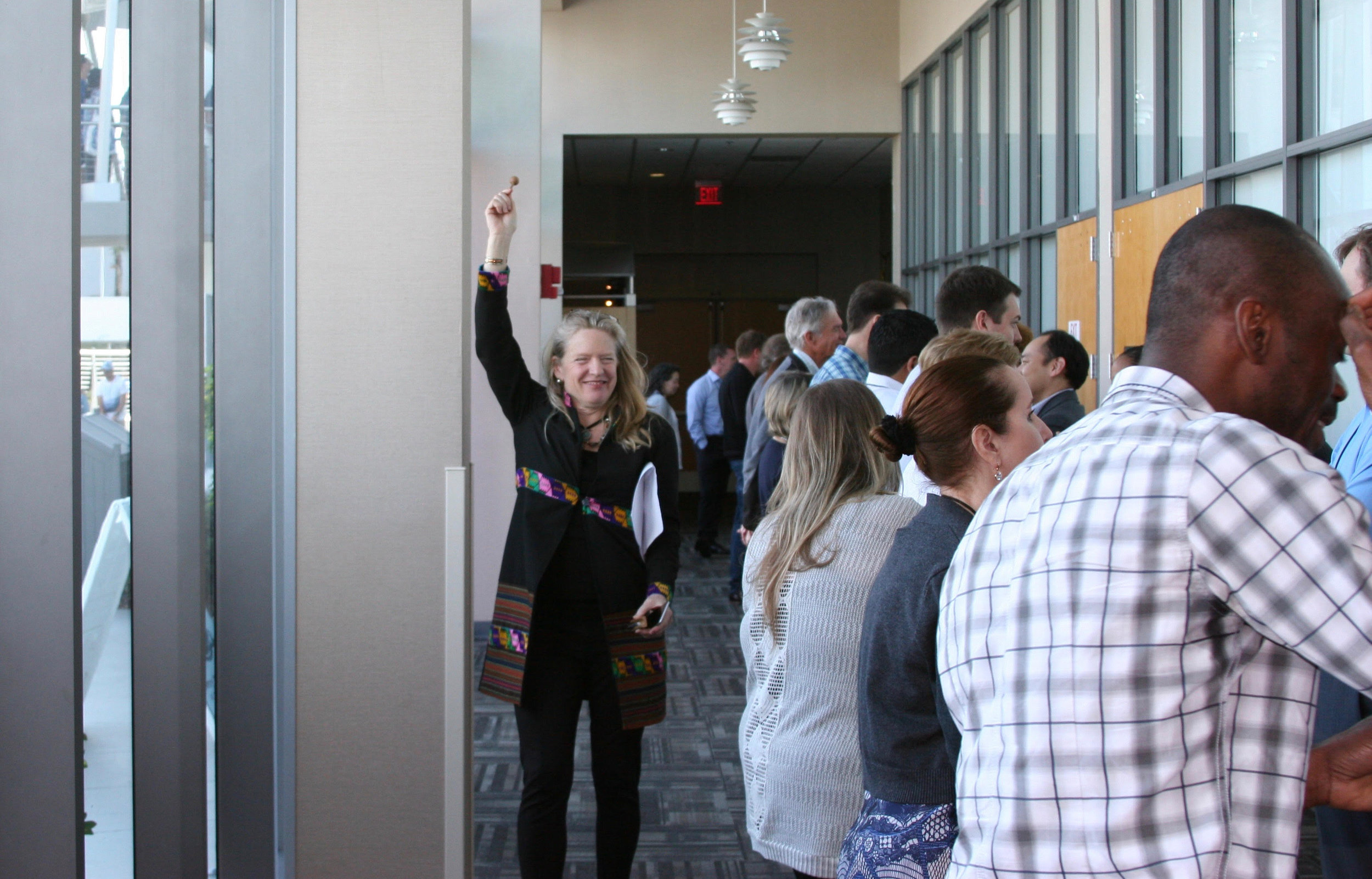THE MISSION OF SUSANCOLEMAN.GLOBAL LLC IS TO EQUIP WOMEN, AND ALL THOSE WHO SUPPORT THE RISE OF THE FEMININE, WITH THE NEGOTIATION POWER TO BUILD A MORE COLLABORATIVE, PEACEFUL & SUSTAINABLE WORLD.
Workshops in Negotiation & Conflict Resolution
““I was profoundly thrilled by your program. Many good things emerged out of that week-long engagement with the art of conflict management and negotiation. It doesn’t only make me a better manager but a better person. Thanks a lot for a wonderful week of healthy interaction and knowledge building.”
~ Isaac Lapia, United Nations Peacekeeping Mission, South Sudan”
Too often we approach negotiation as an adversarial contest where the winner takes all or, at the very least, compromise and settling for less becomes the name of the game. However, research tells us that the most successful negotiators view the negotiation process as an opportunity for both parties to have their primary needs expressed and met. The better negotiations are "win-win", with both parties getting more of what they want in the end. And in business, where repeat sales, reputation, and relationships are critical, it is crucial that both sides be satisfied. . . again and again. Susan’ program, versions of which have been used to train tens of thousands around the world, generally focuses on the following objectives but is always customized to client needs. The program is highly interactive and fun.
To understand that conflict inherent in negotiation is a natural and necessary part of life and that competition and cooperation are the two main strategies for managing it
To learn and apply the elements of cooperative negotiation
To differentiate between a negotiation position v. underlying need/interest
To be able to reframe a conflict into a joint problem to be solved
To learn to highlight common ground
To gain increased awareness of the impact of culture on the negotiation process
To learn how to plan for negotiations
To learn and apply a communication model for cooperative negotiation
To understand the ideal stage flow of effective negotiations
To gain insight into managing one’s own and other’s emotions more effectively in negotiation
To increase skill in transforming someone who is competitive and adversarial, or avoidant, into someone who is willing to negotiate

